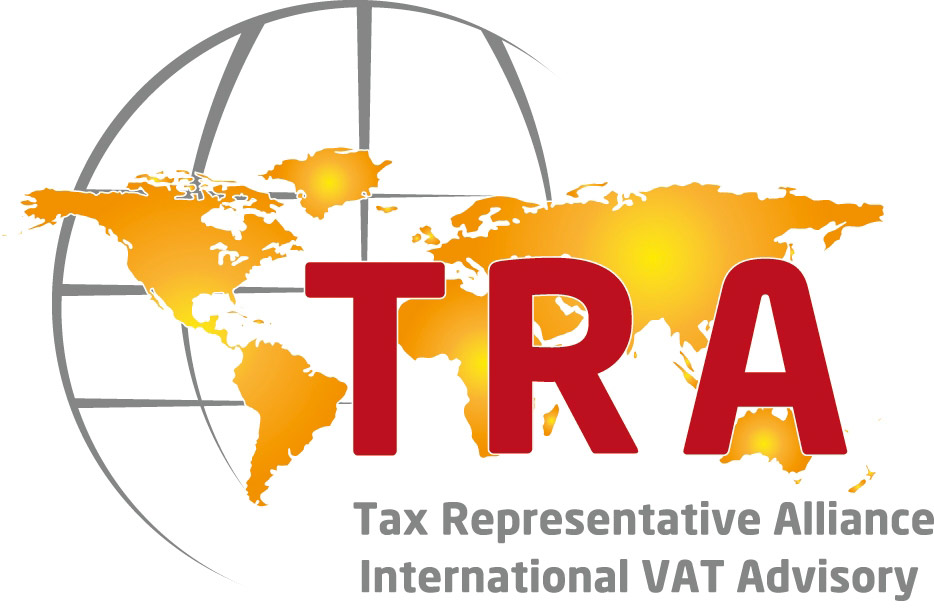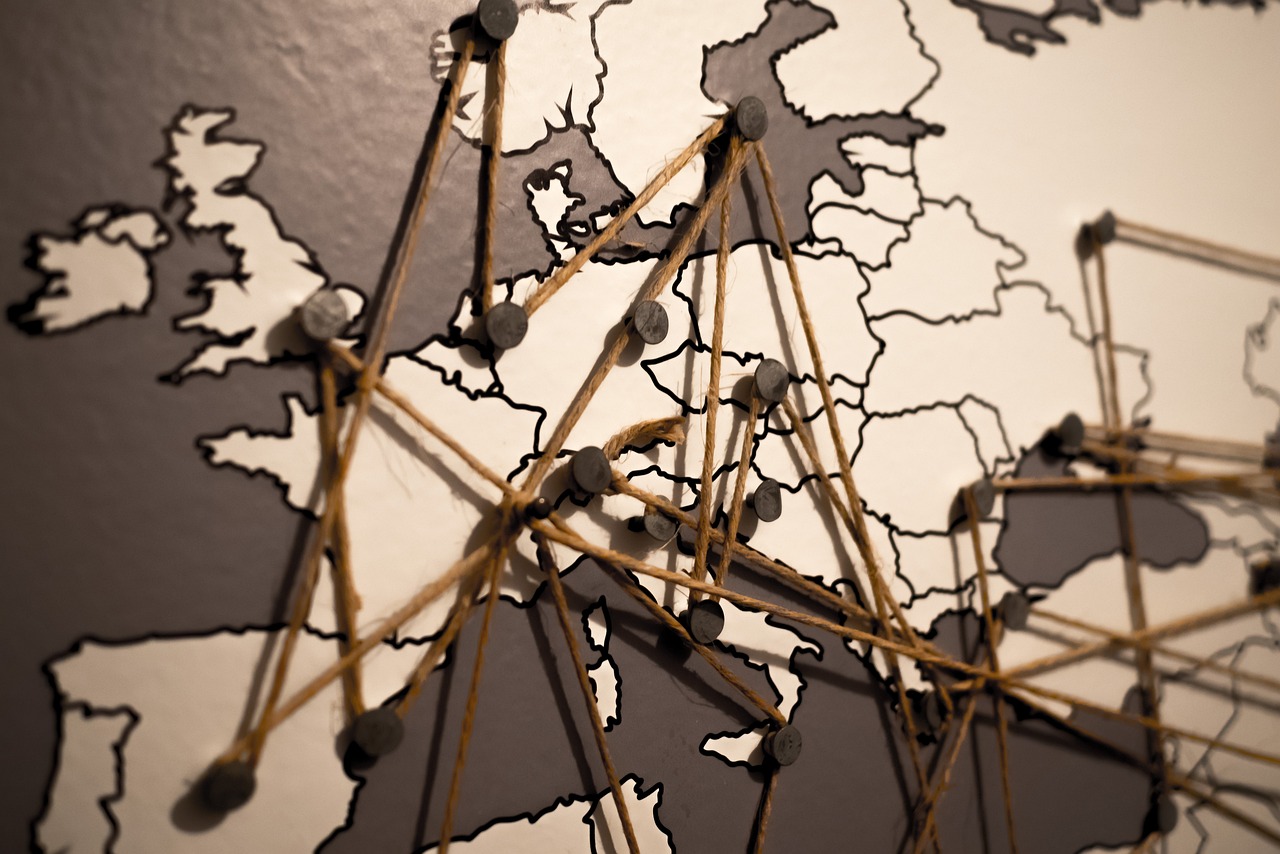Wise Persons Group on Challenges Facing the Customs Union (WPG) was established to generate innovative ideas and concepts that contribute to the ongoing debate about the future of the Customs Union.
The Customs Union, within the European Union (EU), is the largest trading block globally, accounting for over 15% of world trade. In recent years, the Customs Union has faced various challenges, including the rise of e-commerce and increased workload due to the departure of the United Kingdom from the EU Customs Union.
Despite these challenges, EU customs authorities have played a crucial role during the COVID-19 pandemic by expediting the delivery of essential goods, controlling dangerous items, and managing the import and export processes efficiently. However, the Customs Union needs modernization to accelerate the green and digital transition. The surge in e-commerce has brought new risks related to finance, counterfeit products, compliance, safety, and security. Additionally, the EU Green Deal necessitates stricter environmental regulations and harmonized standards, expanding the responsibilities of customs authorities. On one hand, there is a demand for facilitating and expediting legitimate trade while protecting EU citizens from financial and non-financial risks and ensuring fair competition with international competitors.
To foster innovative thinking in the EU debate on the future of the Customs Union, the Commission established the Wise Persons Group on Challenges Facing the Customs Union (WPG). The primary objective of this group was to develop innovative ideas and concepts and present a report that contributes to a broader inter-institutional discussion on the future of the Customs Union. The WPG focused on key topics such as e-commerce, risk management, effective management of non-financial tasks, and the future governance structure. They were also tasked with identifying potential challenges that the Customs Union may face in the future.
On March 31, 2022, the Wise Persons Group published a significant report, outlining their recommendations for advancing the EU Customs Union. The report emphasizes the need for urgent structural changes to address modern challenges, including new trade models, increasing trade volumes, technological developments, the green transition, geopolitical changes, and security risks. While recognizing recent changes in customs legislation and IT, the group advocates for fundamental reforms expressed through ten recommendations to be implemented by 2030. These recommendations include revised and simplified customs legislation, a new framework of responsibility and trust, streamlined procedures, reduced administrative burden, and a more effective governance structure. The report highlights the importance of a paradigm shift to ensure that EU Customs functions as a unified system, contributing to Europe’s security and defense and effectively managing crises at European borders.
The Wise Persons Group’s recommendations focus on five main areas, which together would create a modern and resilient Customs Union:
- A strong Customs Union with a unified external border is essential for the EU’s trade strength, single market, strategic autonomy, and security.
- EU Customs should promote the EU way of life by upholding sustainability, safety, human rights, health, and security concerns in all customs transactions through enhanced cooperation between customs, market surveillance authorities, and law enforcement bodies.
- EU Customs should strengthen their capacity to ensure proper collection of customs duties and taxes at the border to contribute to public spending capacities. An estimate of the Customs Revenue Gap should be introduced annually.
- Customs should actively contribute to the green transition by making their operations more sustainable and prioritizing green customs at the global level.
- EU Customs should adopt a new approach to responsibility and trust by simplifying procedures for economic operators in exchange for greater responsibilities on their part. This includes e-commerce platforms and a reformed authorized economic operator scheme to facilitate trade with trust while ensuring effective data gathering, sharing, and use for EU-risk management.
Implementing these recommendations would enable the Customs Union to adapt to the evolving trade landscape and effectively address the challenges posed by the digital and green transitions, while


